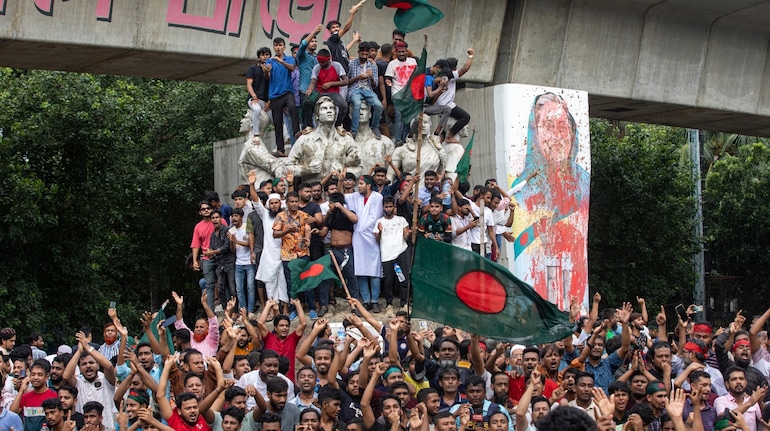S&P believes that Bangladesh’s credit metrics could still support its current credit ratings if the situation stabilizes in the near future. Despite the recent issues, the current ratings might be maintained if conditions improve.
The recent protests in Bangladesh have intensified the risks to the country’s economic growth, fiscal performance, and external financial metrics. These disruptions have aggravated existing challenges, making it harder for the economy to perform well.
The credit buffers in Bangladesh have diminished recently. However, S&P does not expect to see immediate and strong pressure on the country’s credit ratings despite this reduction.
The normal flow of remittances into Bangladesh will be crucial to prevent a more severe shortage of foreign exchange (forex). If remittances are disrupted or reduced, it could lead to significant forex shortages.
Continued disruptions to social stability could have a more severe impact on Bangladesh’s credit metrics. This would dampen economic growth and government revenue, as social instability affects the overall economic environment.
If Bangladesh’s exports are much lower than expected, it would weaken the country’s ability to generate foreign exchange. This reduction in foreign exchange generation would further diminish the central bank’s usable reserves, affecting the overall external balance of the country.
Bringing you the latest updates on finance, economies, stocks, bonds, and more. Stay informed with timely insights.
































Be First to Comment